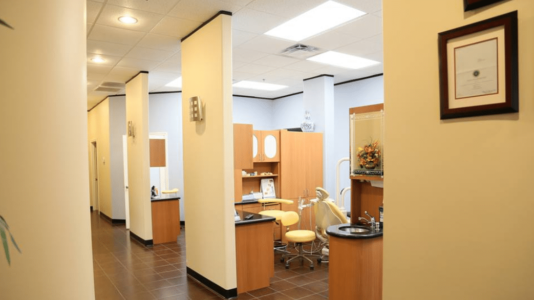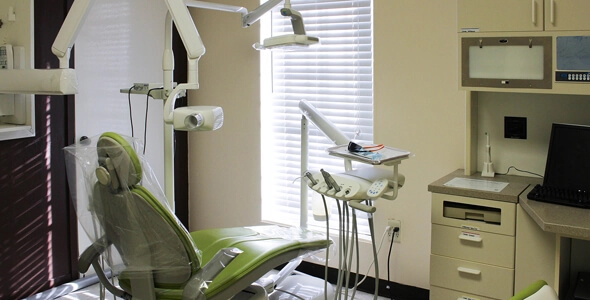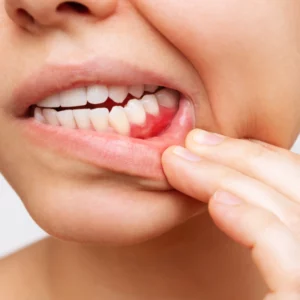Dental injuries are inevitable when it comes to sports. While dental emergencies must be handled almost immediately, here’s a field-side guide to help you understand, and prevent problems that can affect an athletes’ wellbeing and performance.
You cannot just assume that school or college nurses, parents, or even certified athletic trainers will know what needs to be done when a sports-related dental injury occurs. Even though your dentist is and should be your first line of defence to keep your teeth healthy and safe, there are a lot of scenarios where first aid comes before the dentist. There are simple rules which if followed can help you avoid a number of dental problems later. You need to however be aware of these first aid measures.
In general, you can divide dental injuries into three categories on the basis of need.
- Immediate: where the patient needs care within minutes of the injury.
- Urgent: where the patient needs first aid within the first 6 hours of injury.
- Less Urgent: where the patient requires first aid to manage the injury during the first 12 hours.
- After these specific times for injuries, it becomes hard for even the dentist to manage the problem. To help non-professionals and basically, members of the public provide effective first aid during dental injuries, here is a helpful field-side guide.
Traumatic Injuries to the Teeth
What about some of the more involved injuries to the teeth? Often when a dental injury occurs, it is quite shocking. Teeth might be “luxated” or dislodged, “avulsed” or knocked out or there might be excessive bleeding from the mouth due to a severely fractured jaw and an exposing pulp or nerve. Injuries to specific regions of the mouth require particular treatments. For example, endodontic treatment of injuries or root canal might be needed to manage injuries that affect the central pulp chamber of teeth. This is especially needed during an injury that affects the vital living tissue including the nerve. It is important to provide proper and more importantly timely treatment to offer the patient restoration of any damaged teeth, healing, and comfort. Usually, the level and nature of care required to depend upon the circumstances under which the injury occurred, the age of the patient, and the stage of development of the injured teeth or tooth. All of these help in determining what the long term outlook for treatment needs to be.
Risk Assessment for Sports Injuries
Low-Velocity Non-Contact Sports
These injuries refer to swimming, running, weight lifting, Nordic skiing, and golf. In such injuries, the athletes perform sports alone or individually without getting into any contact with others. In such injuries, there is very little risk for a dental injury.
High-Velocity Non-Contact Sports
In such sports, athletes work at a high speed individually, without getting into any contact with others and get into accidents. Some examples can be snowboarding, skiing, skateboarding, motocross, and bicycling. Due to the high speed incurred by athletes, there is a high impact during accidents. Hence some of the most severe and complicated dental injuries can be caused during such accidents.
Contact Sports
Contact sports are known as sports that need frequent contact with either other players or with equipment such as a ball. The contact is an incidence to the ball and not a basic requirement. For instance softball, baseball, lacrosse, soccer, and basketball. Sports like soccer and basketball have a dental injury rate of over 25%.
Collision Sports
In such games, contact between players or the equipment is a requirement. It is also intended and is considered critical to the game. Some examples are boxing, rugby, ice hockey, and American football. If the players do not use protection, they are very likely to suffer from oral, dental, and facial injuries This case requires all athletes to use protective devices to avoid such injuries.
It would be best if you consult the nearest dentist, regardless of the severity of the dental injury. Although there are numerous home remedies to take care of mild dental sports injuries, they cannot be relied upon for treatment.












